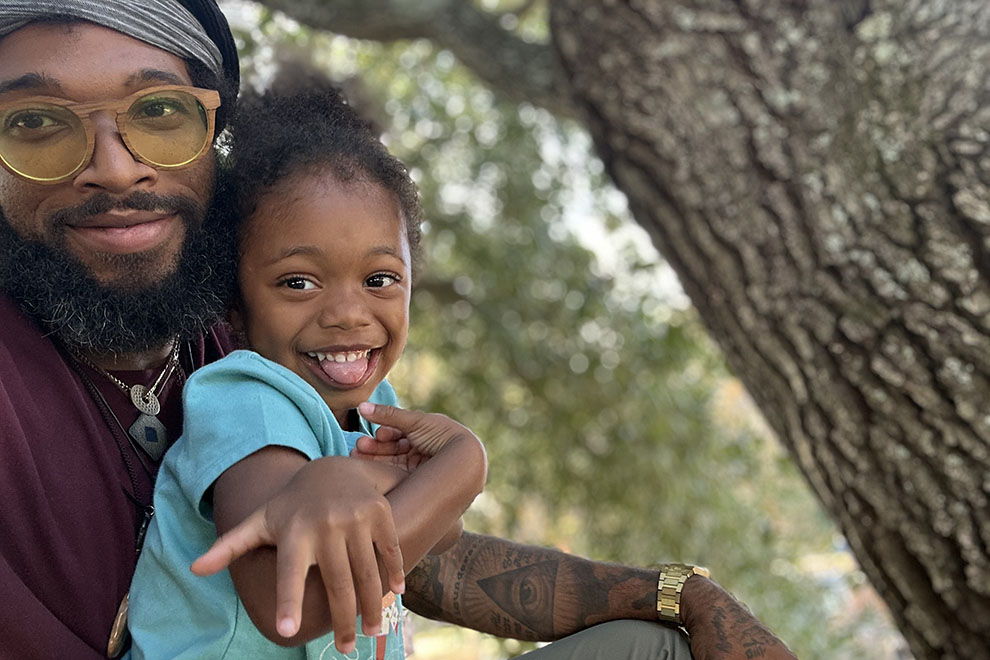Congratulations, Richmond – we’ve made it this far! As we precariously peek around the corner of the final quarter of 2020 – the year which has seen an unprecedented use of the word ”unprecedented” – it’s fair to acknowledge that we’ve been through a lot. Together, we’ve encountered a novel coronavirus pandemic, witnessed and participated in protests and calls for social justice, and experienced unimaginable rates of unemployment and job loss. Now, as we head back to school, many parents – whether employed inside or outside of the home – are scrambling to keep their kids on track academically.
In light of all that’s been going on, you may have missed some of the recent changes to Virginia laws impacting you and your family.
Virginia’s Minimum Wage
Effective May 1, 2021, Virginia will increase its minimum wage from the current federally mandated wage of $7.25 per hour to $9.50 per hour. Effective January 1, 2022, the minimum wage will increase to $11.00 per hour, with a scheduled increase in 2023 to $12.00 per hour. This will likely be a welcome change for Virginia families, as many workers on the front lines of the pandemic, whether it be in retail, food service, childcare, or healthcare, are typically compensated in line with the state minimum wage.
Monumental Change
Not only have our daily routines significantly changed this year (three in the morning is the new midnight, right?), Virginians are now working with a new calendar as well.
Virginia’s calendar no longer observes the Friday before Martin Luther King Day (which is observed on the third Monday of January) as Lee-Jackson Day. Virginia established Lee Day in 1899 to mark the birth of Confederate General Robert E. Lee. Five years later, in 1904, Virginia added recognition for Confederate General Thomas “Stonewall” Jackson to the day, coining it Lee-Jackson Day. Ironically, from 1983 to 1999, Virginia merged the Confederate state holiday with the federally recognized Martin Luther King Day, and it was observed as Lee-Jackson-King Day until the Commonwealth reversed the ill-conceived combo in 2000. Beginning this year with the general election in November, Election Day is a state holiday.
Because Richmond was a former capital of the Confederacy (there were two others: Montgomery, Alabama, and Danville, Virginia), the question of whether to honor Confederate leaders or former slave owners is hardly a new conversation for our region. However, recent events across our nation have called back into question the appropriateness of honoring individuals who seceded from and fought against our nation during the Civil War in an effort to preserve slavery. With the decision to remove the holiday, Virginia has seemingly put this question to bed, at least for now.
In a related move, the Virginia General Assembly also enacted a law permitting localities to remove, relocate, contextualize, or cover any monument or memorial to war veterans on the locality’s public property after public notice and hearing.
 Firearms and Family Life
Firearms and Family Life
In an effort to curb gun violence, Virginia has enacted laws restricting the use, possession, and purchase of firearms. As of July 1:
1. City and county governments are authorized to regulate the possession or carrying of firearms in government-owned buildings, including parks, recreation centers, and at events requiring permits.
2. A criminal history background check is now required for any firearm sale in Virginia.
3. Any lawfully owned firearm discovered to be lost or stolen must be reported to local or state law enforcement within forty-eight hours of the discovery. Civil penalties in amounts up to $250 may be assessed for failure to report.
4. The penalty for leaving a loaded, unsecured firearm around a child under the age of fourteen has been increased from a Class 3 misdemeanor to a Class 1 misdemeanor.
5. Handgun purchases by individuals who are not licensed firearms dealers are limited to one handgun per 30-day period (with certain exceptions).
6. Attorneys and law enforcement officers may petition courts for an emergency substantial risk order to prevent certain individuals from purchasing, possessing, or transporting a firearm if an individual is thought to pose a substantial risk of injury to himself or others. An individual who is served with the emergency order is entitled to a court hearing within fourteen days of the order’s issuance, where the prohibition may be overturned or upheld for periods of up to 180 days.
There are more recently enacted laws that impact Virginia families’ well-being related to smoking, distracted driving, marijuana, and human rights. I will review them here in the next issue of RFM in part two of Legal News You Can Use. For a comprehensive index of newly enacted laws that might affect your family, visit Virginia.gov.





